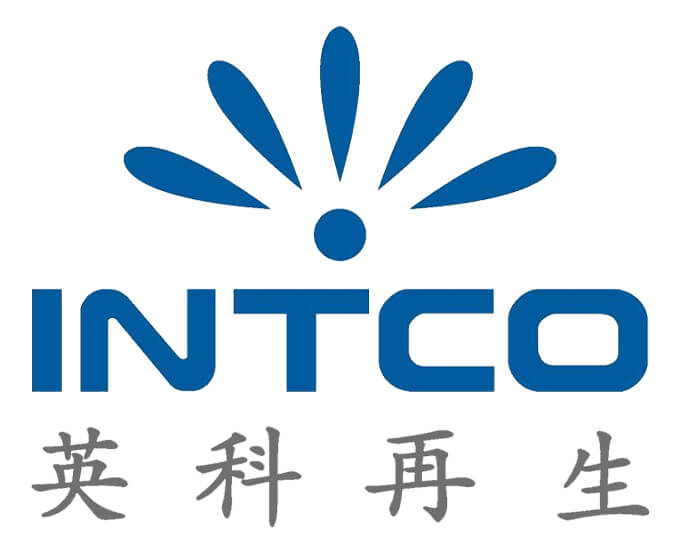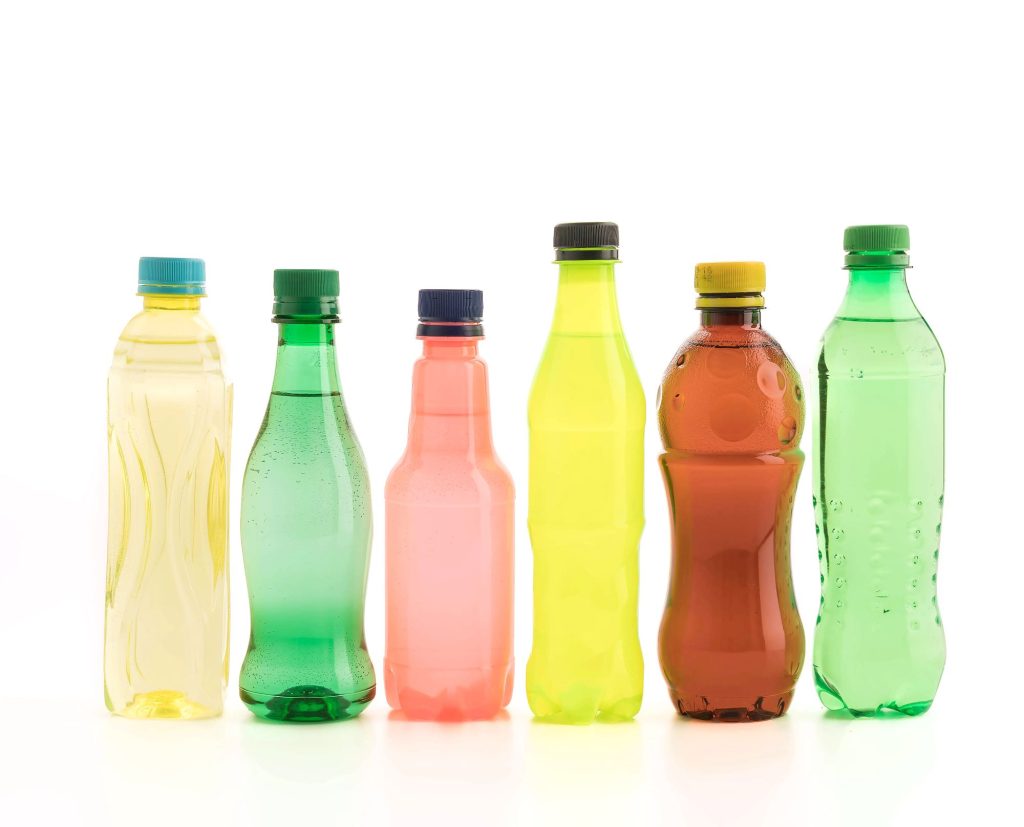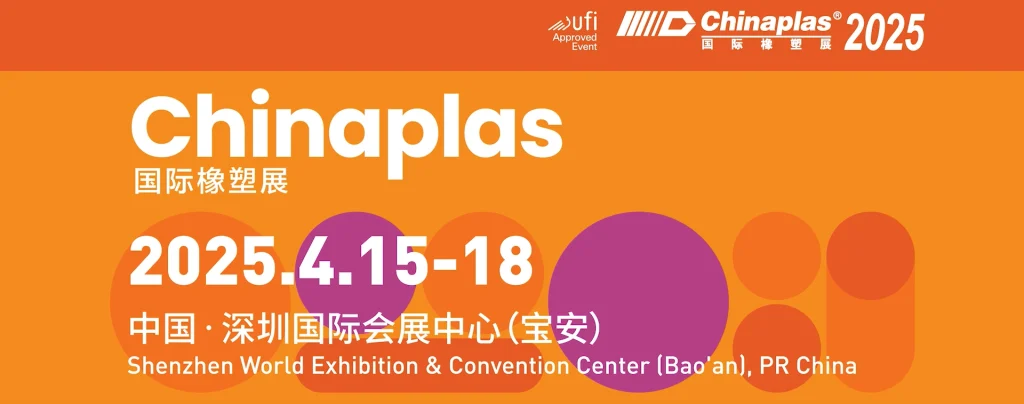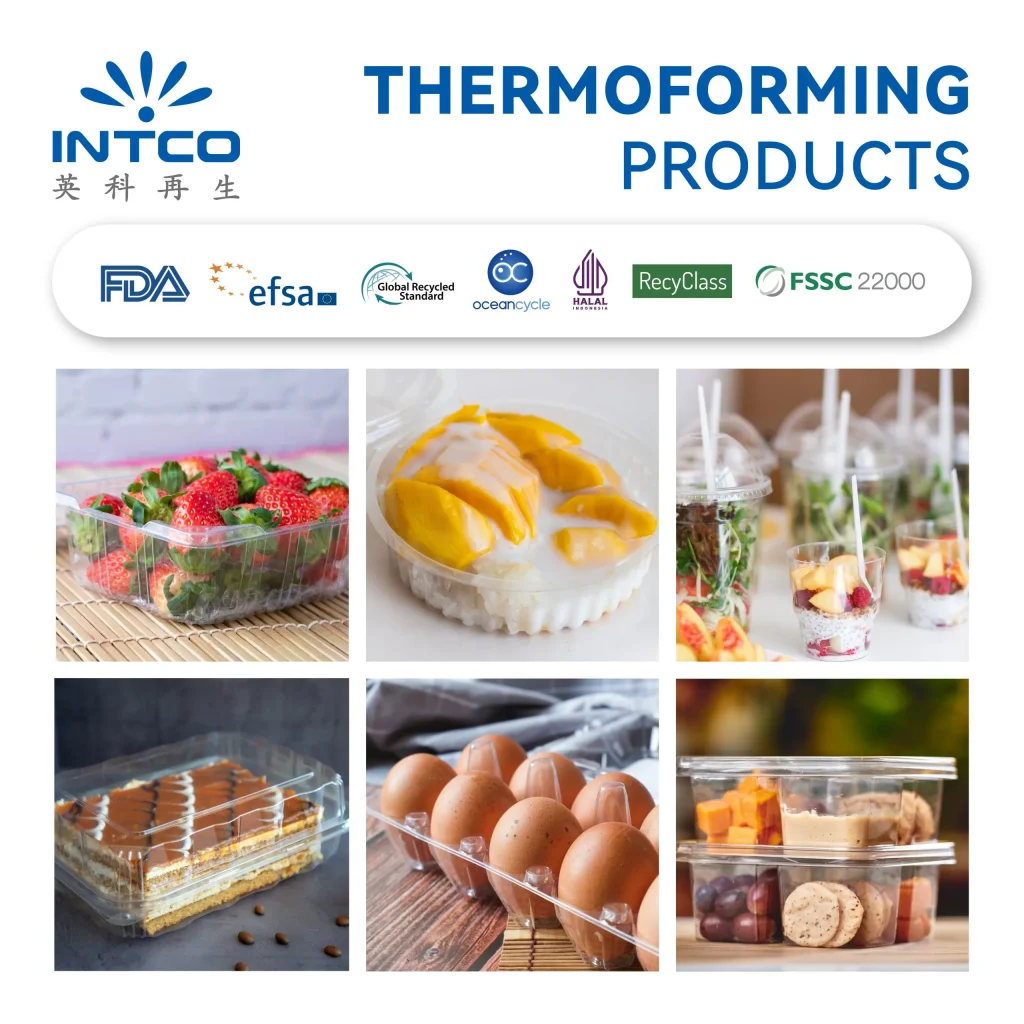Both Recycled Polystyrene (rPS) and Virgin Polystyrene originate from monomers; however, their raw materials differ significantly. Virgin PS derives directly from petrochemical feedstocks to ensure a pure material. On the other hand, rPS comes from recycling post-consumer polystyrene products, resulting in varying compositions due to the diverse sources of recycled materials. This difference in source materials greatly impacts the intended uses of each polystyrene resin type.
Environmental Impact Considerations
When we think about the effects of rPS compared to Virgin PS we can see some clear benefits in favor of rPS. Recycling rPS helps lessen the demand for raw materials, leading to lower energy usage and fewer greenhouse gas emissions during manufacturing. Moreover, using rPS helps cut down on waste by redirecting waste away from landfills. For companies looking to improve their sustainability efforts, integrating rPS could be an option. To learn more about eco practices, check out Intco Plastic.
How Do Their Physical Properties Compare?
Durability and Strength Analysis
When it comes to durability and strength aspects, rPS and Virgin PS both show impressive performance features that make them suitable for applications. However, Virgin PS generally offers better mechanical properties than rPS due to its pure composition. Even though the presence of impurities in recycled materials could impact the strength of rPS, it doesn’t necessarily restrict its usability for less demanding applications.
For example items such as R-PS-B-Blue Green-02 showcase how reused components can uphold industry criteria while advocating for eco practices.
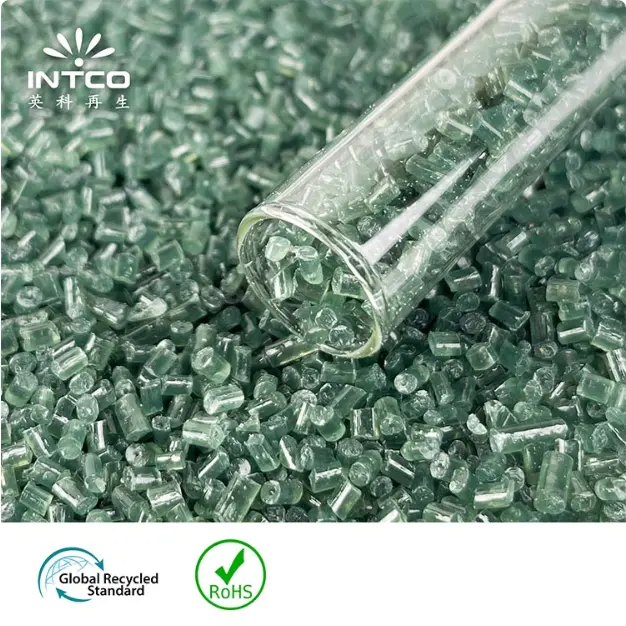
Thermal and Chemical Resistance
Both forms of polystyrene exhibit thermal insulation capabilities and resistance to chemicals; however, the thermal performance consistency may slightly differ with rPS due to its varied nature. On the other hand, fresh PS generally provides more consistent thermal properties due to its uniform structure.
In cases the chemical resistance of both materials are similar, but there could be variations in resistance levels due to specific formulations or additives in rPS material. Virgin PS may be the choice for customized applications that demand exact specifications.
Are There Cost Implications Between rPS and Virgin PS?
Production and Processing Costs
The cost differences in making rPS and Virgin PS are affected by factors: creating Virgin PS incurs high energy and resource extraction expenses while rPS benefits from lower raw material costs through recycling methods, yet gathering and organizing recyclable materials may bring extra expenses to rPS production.
Even though there are variations in approaches taken by companies when it comes to recycling, technology development has led to more efficient methods for creating top notch recycled polystyrene products. With the aim of finding budget friendly solutions without sacrificing quality, businesses can look into the various offerings provided by Intco Plastic’s solutions.
Market Pricing Trends
Market pricing for both types of polystyrene is subject to fluctuations driven by global demand-supply dynamics and raw material availability. Generally, rPS tends to be more economically attractive than Virgin PS due to its lower production costs. However, market trends indicate that consumer preference for sustainable products is gradually influencing price adjustments for both materials.
In today’s market, trends show that eco-friendly choices such as R-PS-B-Blue Green-01 are becoming popular as substitutes for plastics due to their innovation in recycled products.
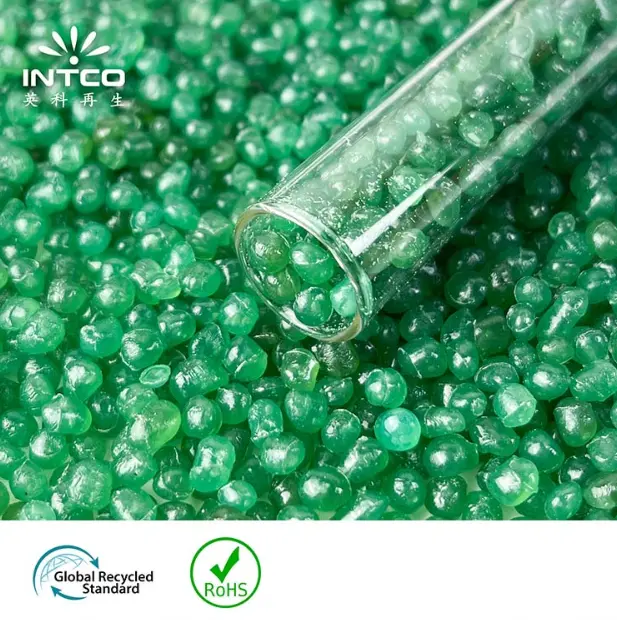
In summary, when deciding between using recycled PS or Virgin PS for your projects, it’s important to consider environmental impacts alongside characteristics and cost factors to make well-informed choices that support both your business goals and sustainability initiatives in the sector.
Why Choose One Over the Other?
Application Suitability
When deciding between rPS and Virgin PS, application suitability becomes a critical factor. The inherent properties of Virgin PS make it ideal for applications requiring high clarity, strength, and consistency, such as food packaging and medical supplies. Conversely, rPS is well-suited for applications where environmental considerations are paramount and slight variations in material properties are acceptable. This includes products like insulation materials, office supplies, and certain consumer goods.
Long-Term Benefits and Challenges
When deciding between rPS and Virgin PS options for the run, benefits, and challenges must be taken into account. It’s known that Virgin PS guarantees performance with consistent quality but has a greater negative impact on the environment as it heavily relies on petrochemical resources. rPS, on the other hand, presents itself as a more eco-friendly choice by reducing waste and saving energy. Businesses need to tackle potential issues like variations in materials properties due to recycling processes. Those prioritizing sustainability can explore solutions through Intco Plastic’s solutions.
Where Can You Find Solutions for Your Needs?
Innovative Solutions with Intco Plastic
Intco Plastic has established itself as a frontrunner in offering cutting-edge solutions for individuals looking for eco-materials. They prioritize the use of recycling methods to create top-notch rPS products that adhere to industry norms and advocate for environmental consciousness. Their dedication, to sustainability, shines through in the array of options they provide to cater to different industrial requirements.
Product Spotlight: R-PS-B Blue Green Series
The Blue Green Series by Intco Plastic showcases their strategy in creating eco-friendly polystyrene goods that maintain high-quality standards. Ranging from the R-PS-B-Blue Green-02 and R-PS-B-Blue Green-01, these products provide options for companies looking to embrace sustainability without compromising on efficiency.
What Are the Future Prospects for rPS and Virgin PS?
Technological Advancements in Material Science
The prospects for both rPS and Virgin PS are promising due to ongoing technological advancements in material science. Innovations in recycling processes are enhancing the quality of rPS by minimizing impurities and improving consistency. These advancements are making recycled polystyrene more competitive with virgin materials across various applications.
Regulatory and Policy Developments
Changes in regulations and policies have an impact on how rPS and Virgin PS are used in the future landscape of plastic’s usage. The growing global focus on sustainability leads to policies that promote the use of recycled materials of new plastics. With rules on managing plastic waste, companies might be more motivated to switch to rPS alternatives.
Ultimately deciding between rPS and Virgin PS requires an assessment of how they suit your needs in terms of applications, and their long-term advantages and challenges are affected by technological progress and regulatory changes. It’s crucial to weigh these aspects carefully to make choices that support your sustainability objectives and fulfill your unique product requirements effectively.
